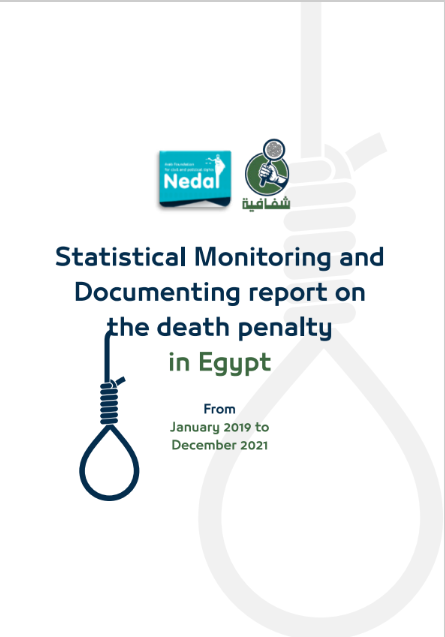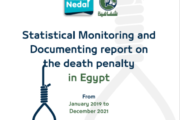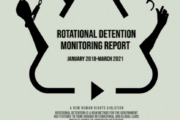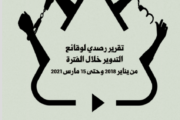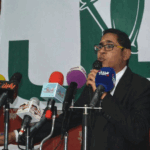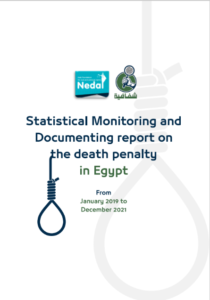
death penalty in Egypt English
With regard to the death penalty in Egypt, Egypt received, in the comprehensive international review of the situation of human rights in September 2019, 28 recommendations and observations related to the death penalty, most of which revolve around an urgent moratorium on the implementation of the death penalty, especially in cases of a political nature, collective suspension of execution, collective trials of the accused, and the provision of real guarantees for the implementation of the death penalty. The death penalty and the final moratorium on executions for those under the age of 18, and finally the signing of the Second Optional Protocol to the International Covenant on Civil and Political Rights related to the death penalty.
The response of Counselor Omar Marwan, Minister of Parliament Affairs and Head of Mission representing the Egyptian administration, was that Egypt is an Islamic state that adheres to the provisions of Islamic Sharia, which approved the death penalty, and that Egypt has not signed the second optional protocol attached to the International Covenant on Civil Rights and Politics, and that the Egyptian legislator has surrounded the death penalty with many Guarantees and did not turn to anything less, and cited his sovereignty in the face of terrorism as the main reason for the increase in the rates of application of the death penalty.
Two years have passed since the Universal Periodic Review of the human rights situation, and Egypt ranks third in the world in implementing the death penalty. The Egyptian legislative system is still the most extensive application of the death penalty in 104 crimes. We are still facing mass trials of the accused and the collective implementation of the death penalty. Even more than that, the state has committed new violations. Such as rotating the accused in many cases and referring the accused to the State Security Courts, which does not enable the accused to appeal their rulings.
And following the internal and international pressure in Egypt and the issuance of several reports issued by national and international non-governmental organizations monitoring the increase in human rights violations in Egypt.
And after 32 countries issued an unprecedented joint declaration before the United Nations criticizing the deteriorating human rights situation in Egypt.
On September 11, 2021, the President of the Republic announced the issuance of the so-called National Human Rights Strategy 2021-2026.The President of the Republic decided that Egypt was facing terrorism and violations occurred simultaneously, but Egypt entered a new era in striving to preserve human rights.
In this context, the Arab Foundation for Civil and Political Rights – Nedal and the Transparency Foundation seek to invest the recognition of the National Human Rights Strategy that there are problems related to the death penalty and that the matter is not as Counsellor Omar Marwan decided by the periodic review that Egypt is committed to Islamic law and has not signed the second optional protocol attached to the International Covenant on Rights civil and political.
The Arab Foundation for Civil and Political Rights – Nedal and Shafafeya Foundation are intensifying their efforts to pressure the implementation of the national human rights strategy by issuing proposals for legislative amendments, raising awareness through workshops and seminars, and monitoring the development of the death penalty situation in Egypt. This report comes as a step in this direction.
This statistical report comes as an initial step towards monitoring the number of verdicts issued by various courts, with a qualitative presentation of verdicts and decisions referring to the Mufti from different courts.


